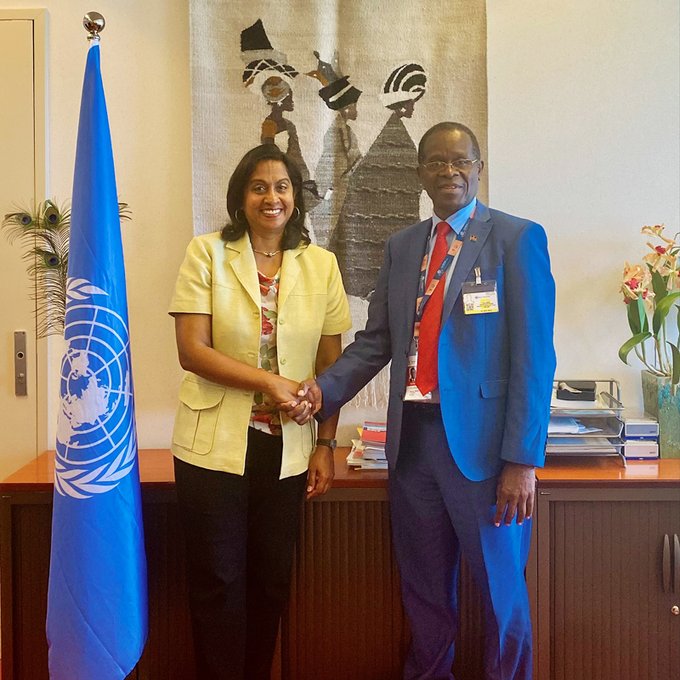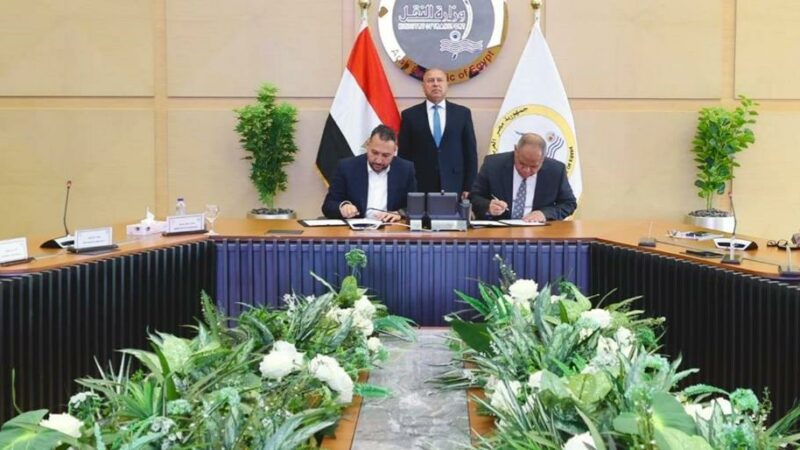Two-Year Long, World Bank Funded Project to Further Improve Malawi’s Customs Systems

The World Bank, Government of Malawi, and UNCTAD have agreed a deal that will see Malawi upgrade to the latest version of the ASYCUDAWorld customs management software. Malawi is a long-term collaborator of the ASYCUDA Programme that first started using ASYCUDA software in the 1990s, having previously used ASYCUDA version 2 and ASYCUDA++ before running ASYCUDAWorld.
Malawi is a significant importer of fuel and exporter of tobacco. In 2021, Malawi customs processed over 280,000 import and export declarations on ASYCUDAWorld and the equivalent of 51,427 twenty-foot containers.
This upgrade will allow the Malawi Revenue Authority to benefit from the latest technology available and will be tailored to provide customs officers with a bespoke selectivity module that will help them to better identify which consignments warrant closest inspection. Further, the ASYCUDAWorld system will also be adapted to interface with COMESA’s cargo tracking system.
Additionally, the roll out of the latest ASYCUDAWorld version will mean that Malawi customs can better manage the processing of cargo manifests, customs declarations, and payments, including via an electronic payment mechanism.
Commissioner General of the Malawi Revenue Authority, John S. Biziwick, said, “Malawi Revenue Authority is grateful to the Malawi government and World Bank for the financial support that has been rendered to the organization to upgrade its customs management system – ASYCUDAWorld – to the latest version. The upgrade will improve efficiency in facilitating legitimate trade in all our borders. We are geared for the successful delivery of the project”.
The decision to upgrade followed virtual meetings and discussions between the Government of Malawi and the ASYCUDA Regional Coordinator for South and Eastern Africa, as well as an official meeting between the Malawi Minister of Trade, Hon. Mark Katsonga Phiri, and UNCTAD’s Director of the Division on Technology and Logistics, Dr. Shamika Sirimanne.
Source & photo : UNCTAD





